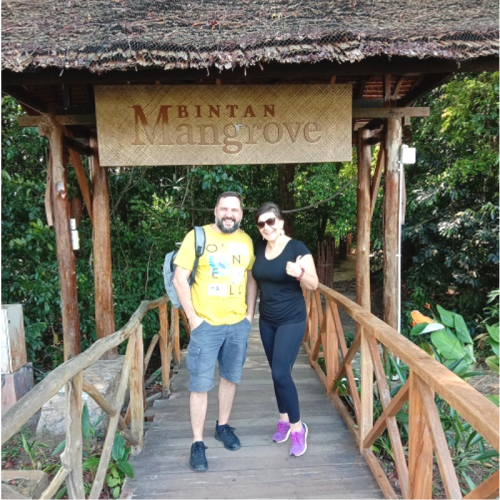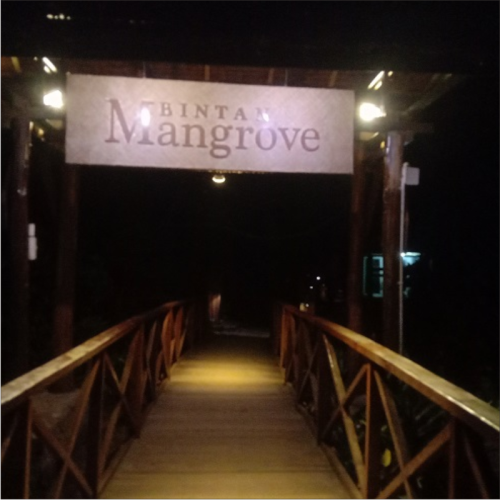Bintan Tour Holiday
"Your Trusted Partner at Bintan for Unforgettable Memories"
Please Book Your Tour Holiday With Us at Bintan.

ADULT:
2 - 3 Paxs, IDR 300K (SGD 30) /Pax
4 - 6 Paxs, IDR 270K (SGD 27) /pax
MINIMUM:
2 Adults
CHILDREN:
2 - 10 Years 250K (SGD 25) /Pax

ADULT:
2 - 3 Paxs, IDR 300K (SGD 30) /Pax
4 - 6 Paxs, IDR 270K (SGD 27) /pax
MINIMUM:
2 Adults
CHILDREN:
2 - 10 Years 250K (SGD 25) /Pax

ADULT:
2 - 3 Paxs, IDR 330K (SGD 33) /Pax
4 - 6 Paxs, IDR 300K (SGD 30) /pax
MINIMUM:
2 Adults
CHILDREN:
2 - 10 Years 270K (SGD 27) /Pax

ADULT:
2 - 3 Paxs, IDR 600K (SGD 60) /Pax
4 - 6 Paxs, IDR 500K (SGD 50) /pax
MINIMUM:
2 Adults

ADULT:
2 - 3 Paxs, IDR 250K (SGD 25) /Pax
4 - 6 Paxs, IDR 200K (SGD 20) /pax
MINIMUM:
2 Adults
CHILDREN:
2 - 10 Years 200K (SGD 20) /Pax

ADULT:
2 - 3 Paxs, IDR 550K (SGD 55) /Pax
4 - 6 Paxs, IDR 500K (SGD 50) /pax
MINIMUM:
2 Adults
CHILDREN:
2 - 10 Years 450K (SGD 45) /Pax

ADULT:
2 - 3 Paxs, IDR 550K (SGD 55) /Pax
4 - 6 Paxs, IDR 500K (SGD 50) /pax
MINIMUM:
2 Adults
CHILDREN:
2 - 10 Years 450K (SGD 45) /Pax

